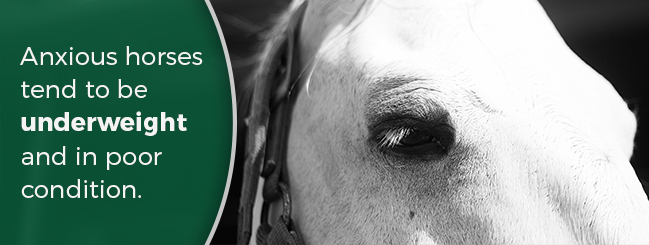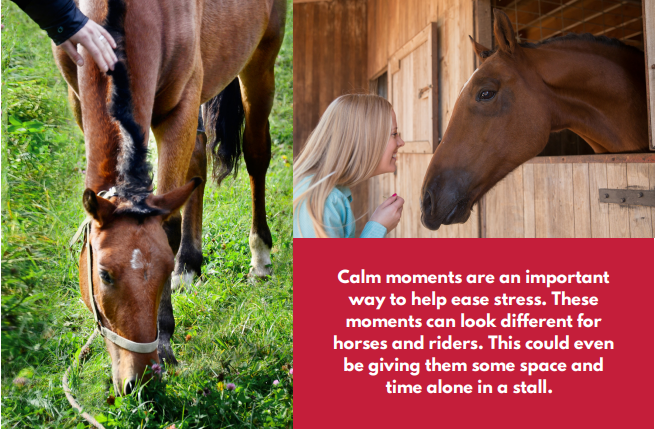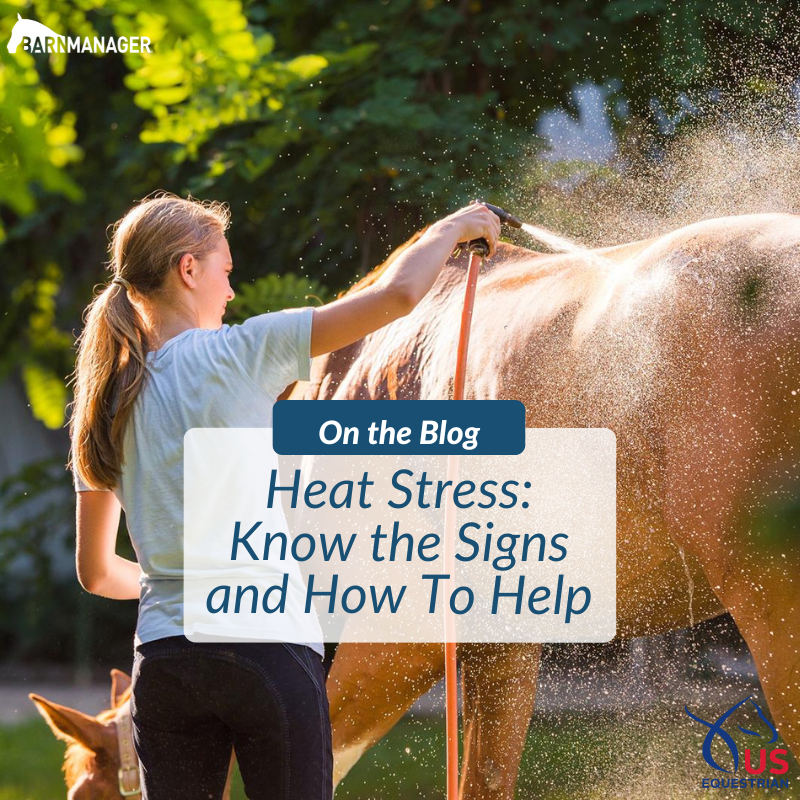How to Tell if Your Horse is Stressed: A Detailed Guide

Understanding the signs of stress in horses is crucial for their health and well-being. Stress can affect a horse’s behavior, physical condition, and overall performance. This article will help you identify stress indicators, understand their causes, and learn how to manage and reduce stress in your horse.
Common Signs of Stress in Horses

| Sign | Description | What to Look For |
|---|---|---|
| Behavioral Changes | Alterations in usual behavior patterns | Restlessness, aggression, withdrawal |
| Physical Symptoms | Visible physical signs | Sweating, trembling, rapid breathing |
| Appetite Changes | Variations in eating habits | Loss of appetite or overeating |
| Posture and Movement | Changes in stance or gait | Pawing, shifting weight, reluctance to move |
Detailed Behavioral Signs

- Restlessness: Pacing, frequent shifting of weight.
- Aggression: Biting, kicking, or pinning ears back.
- Withdrawal: Avoiding interaction or isolating from herd.
Physical Indicators
- Sweating: Excessive sweating without exercise.
- Trembling: Shaking muscles or shivering.
- Rapid Breathing: Increased respiratory rate at rest.
Causes of Stress in Horses
- Environmental Factors: Loud noises, unfamiliar surroundings, extreme weather.
- Health Issues: Pain, illness, or injury.
- Social Stress: Changes in herd dynamics or isolation.
- Training and Handling: Harsh training methods or inconsistent handling.
How to Manage and Reduce Stress
- Provide a Safe Environment: Quiet, comfortable, and familiar surroundings.
- Consistent Routine: Regular feeding, exercise, and rest times.
- Proper Nutrition: Balanced diet to support health.
- Gentle Handling: Use calm, patient training techniques.
- Regular Health Checks: Early detection of illness or injury.
FAQ
Q1: How can I differentiate between stress and illness?
Stress often presents with behavioral changes and mild physical symptoms, while illness may include more severe signs like fever or lameness. Consult a vet if unsure.
Q2: Can stress affect my horse’s performance?
Yes, stress can lead to decreased energy, poor focus, and reluctance to work.
Q3: How quickly can a horse recover from stress?
Recovery time varies depending on the cause and severity but providing a calm environment and proper care can speed up recovery.
By recognizing these signs and understanding the causes, you can take proactive steps to ensure your horse remains healthy and happy. Monitoring your horse’s behavior and physical condition regularly is key to early stress detection and management.
